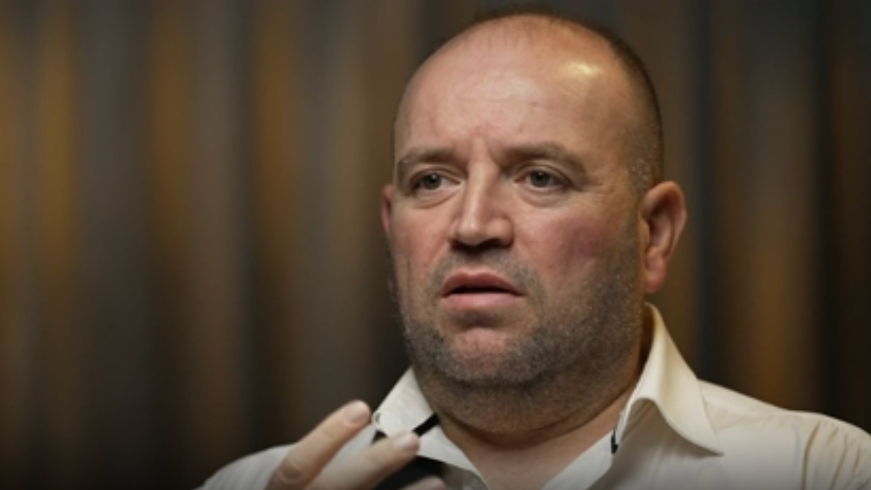Ministers have a “discretion” rather than an obligation to order unexplained wealth orders to investigate individuals’ finances, a court review of a Scottish Government decision relating to Donald Trump has heard.
A judicial review at the Court of Session is considering the Scottish Government’s decision not to investigate the former US President ‘s finances in Scotland.
The US-based Avaaz Foundation petitioned Scotland’s highest court, the Court of Session, to grant a judicial review after ministers in Edinburgh declined to place an unexplained wealth order (UWO) – sometimes described as a “McMafia order” – on Trump.
The order allows for an investigation into how a person or company earned money.
Ruth Crawford QC, representing Scottish ministers, said the challenge from the petitioners is rooted on there being a duty to seek a UWO.
However, referring to S396A of the Proceeds of Crime Act 2002 (Poca), she said ministers did not have an obligation to do so.
She told the virtual hearing: “S396A1 provides that the Court of Session may, on an application made by the Scottish ministers, make an unexplained wealth order.”
She added: “The ministers have a discretion rather than an absolute obligation to make an application to the Court of Session.”
Crawford said that UWOs have at the very least the “taint of criminality” and that one of the “limbs” of another section of the act is that the property has been funded by illegitimate sources of income.
She told the court: “The petitioners are not coming to this court saying we are unable to make a challenge. Indeed, its challenge is firmly rooted on there being a duty to seek a UWO.
“Unexplained wealth orders are not just investigatory tools or as an aspect of good housekeeping, UWOs as my Lord is aware from S396a etc, give rise to a presumption, if they are not complied with, that presumption being that the property has been obtained through unlawful conduct and that the civil recovery order requirements have been met.”
Lord Sandison QC said he was being asked to decide whether Scottish minsters had acted unlawfully.
He said: “The actual declarator I’m being asked to make, F, is that by failing to seek an unexplained wealth order in relation to Mr Trump the Scottish ministers have failed in their duty and have therefore acted unlawfully.
“I don’t for the moment see that as me being asked to make any order equivalent to saying that had an application been made it would have been granted.
“The question is simply I’m being asked effectively to determine the lawfulness of the failure to make an application.”
The judicial review, which began on Tuesday, previously heard that there is a dispute over whose responsibility it is to apply to a court for a UWO, particularly between the Lord Advocate – the head of Scotland’s prosecution service – and Scottish ministers.
The inquiry heard that the Scotland Act permits Scottish ministers, including the Lord Advocate, to exercise functions with a collective responsibility.
It also permits the Lord Advocate to exercise “retained functions”, to which collective responsibility would not attach.
Crawford said: “Parliament when passing the Poca in 2002, when passing the Extradition Act in 2003 and when passing the Criminal Finances Act in 2017, which sought to amend Poca by inter alia introducing unexplained wealth orders (UWOs), must be presumed to have known that the Lord Advocate exercises statutory functions as a member of the collective Scottish ministers entity and also that she exercises retained functions independently.
“That being so, in my submission, there is nothing unlawful about the fact that the Lord Advocate is the minister with portfolio responsibility for part eight of Poca, including seeking an unexplained wealth order.”
The hearing before Lord Sandison continues.
Follow STV News on WhatsApp
Scan the QR code on your mobile device for all the latest news from around the country


 PA Ready
PA Ready
























